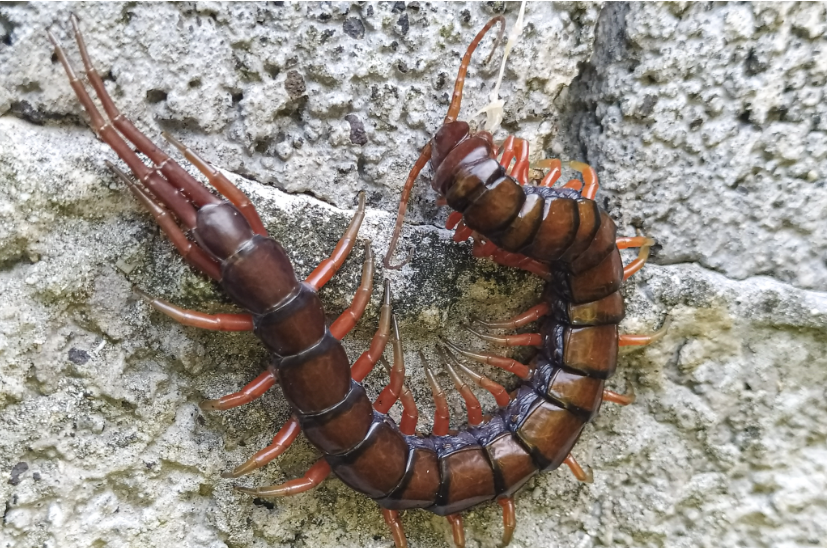The Tarantula Hub
Your go-to for extensive tarantula guides and arachnid knowledge

Tarantula Guides & More
Get all the information you need about tarantulas and their cousins, from basic and in-depth care guides to the latest news in arachnology!
Reach out to us
Get in touch with us by shooting us an email! Need recommendations about where to buy? Want to partner with us? Whatever the question, don’t hesitate to reach out!
Frequently Asked Questions
Have any additional questions about tarantulas? Check out our FAQs below!
Generally, tarantulas are pretty easy to care for with the right environment. Tarantulas don’t require a lot of food, nor do they need a lot of space to roam—in fact, most tarantulas love to stay in one place and burrow, with the exception of mature males ready to hunt for a mate.
However, while tarantulas tend to require minimal effort when it comes to care, they can come with quite the commitment. Expect males to live for around a decade, while females have an average lifespan of around 30 years!
Despite their often intimidating appearance, including those large fangs, tarantulas don’t tend to try to bite people. They like to save their bite for prey, but they may bite us if they feel cornered and without a chance to escape.
Also, it’s worth noting that the toxicity of tarantula venom isn’t dangerous to humans. You might suffer some localized pain and swelling akin to a bee sting, but there are no reported deaths resulting from a tarantula bite of any species.
Most people associate creatures like tarantulas with short lifespans, being “bugs” and all. However, tarantulas have some longevity to them, with females living for as long as 30+ years, while males can live for up to 10.
It’s definitely possible to hold a tarantula, whether on your hands, arms, shoulders, or elsewhere, but we advise you NOT to handle your tarantula for a couple of key reasons.
The main reason not to handle a tarantula, and certainly not often, is because of the danger to the tarantula; a fall of just a couple of feet can be fatal because of tarantulas’ sensitive abdomens, which can easily burst on impact.
The second reason is the owner’s reaction to a potential bite or unexpected movement. If you aren’t anticipating the tarantula’s movements or potential defensiveness, you could wind up tossing the tarantula instead of placing it safely back into its enclosure.
In short, handling a tarantula is not advisable and it’s typically best to observe your T from a distance.
You can feed your tarantula all kinds of foods to keep it happy. These nocturnal predators love everything from crickets and superworms to roaches and small rodents. They’re not very picky eaters, either, giving you plenty of options to try.
Get In Touch With Us
Reach out to us with any questions or requests. We’re happy to hear from you.





